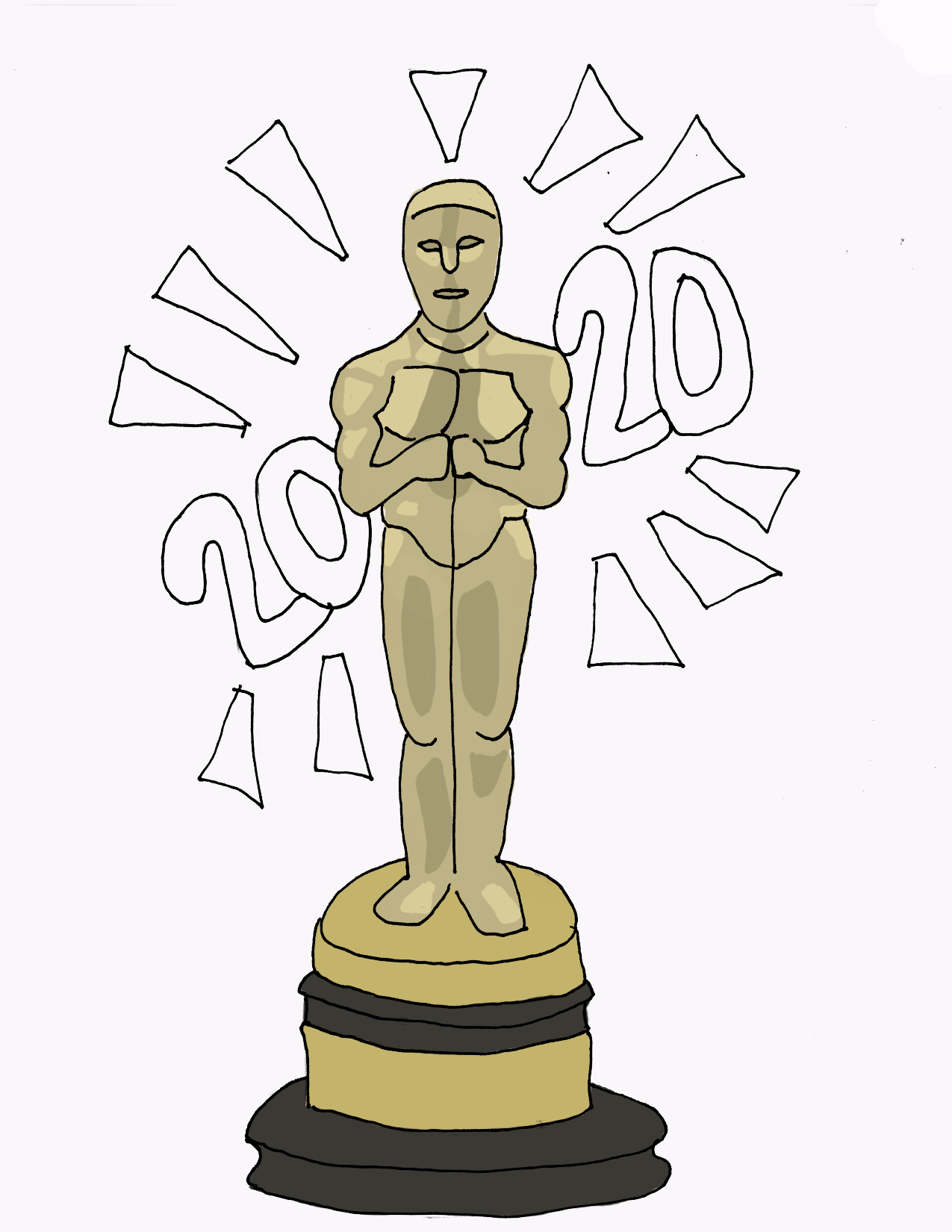
While watching the 92nd Academy Awards, I began reflecting on the issues plaguing the Oscars. In the past few years, the awards show has been called out multiple times for its celebration of the mainstream, honoring films created almost entirely by white men. As I was viewing, I thought to myself, how much longer can presenters keep joking about not enough women and people of color being nominated before they are actually nominated?
I was glad to see that the Korean film “Parasite” won Best Picture. For once, it seemed as if the Academy had finally made the right choice in picking a film that garnered not only critical but popular acclaim. It was something new, different and diverse, rather than the award going to a type of film that has been nominated several times before: another film about war, another superhero related story or a film I have somehow never even heard of.
A much less talked about disparity within awards shows lies in the fact that many of the films and TV series nominated for both the Oscars and the Golden Globes can only be watched on certain online streaming services. One must subscribe to several different streaming services to simply stay caught up with critically acclaimed media. This is something most people cannot afford to pay for, which makes the Academy Awards even more elitist and exclusive.
“The Irishman,” which was nominated for Best Picture, premiered with a limited theatrical release, which excluded more accessible theaters such as Regal Movies and Cinemark. “The Irishman” was then released exclusively on Netflix, making it only available to subscribers and even further limiting how many people can watch it. “Marriage Story” followed a near identical path, with a limited theatrical release and a subsequent release to Netflix only. You cannot see two out of the nine Best Picture nominees unless you subscribe to Netflix, something that the Academy evidently assumes that everyone has the ability to do.
To put it into perspective, Netflix’s cheapest plan starts at $8.99 per month, Amazon Prime for students costs $59.00 per year and HBO costs $14.99 per month. While a ticket for seeing a movie in theaters can cost about as much as a Netflix subscription, staying up to date with media across all streaming services means these prices get stacked, and one can end up paying over a hundred dollars per year to access current media.
While two films do not seem like a whole lot, it adds up as this happens across different years and varying award shows. Take 2018’s Oscar-winning “Roma,” another Netflix original. Another example is from the 2019 Golden Globes, as award-winning series such as “Fleabag” and “Chernobyl” are exclusive to Amazon Prime and HBO, respectively.
Streaming-exclusive shows and movies seem to be on the rise as these services continue to create their own content. Should these films even be eligible for awards if they are only available to subscribers of each streaming service? I believe they still should be considered; however, streaming services and theaters should make accessibility a priority so more of the general population can see these films. This could happen more easily through wider releases in mainstream theaters, which would create more revenue and benefit the creators, companies and filmgoers with varying income levels.
Not everyone can afford the luxury of subscribing to every streaming service just to stay up to date on popular media. And while this tendency to nominate Netflix and Amazon Prime-exclusive films and series for prestigious awards seems to be increasing, I can only hope that someday this disparity is addressed either by the Academy or fans of these awards shows.
Subscribe to the Mossy Log Newsletter
Stay up to date with the goings-on at Lewis & Clark! Get the top stories or your favorite section delivered to your inbox whenever we release a new issue.

Leave a Reply